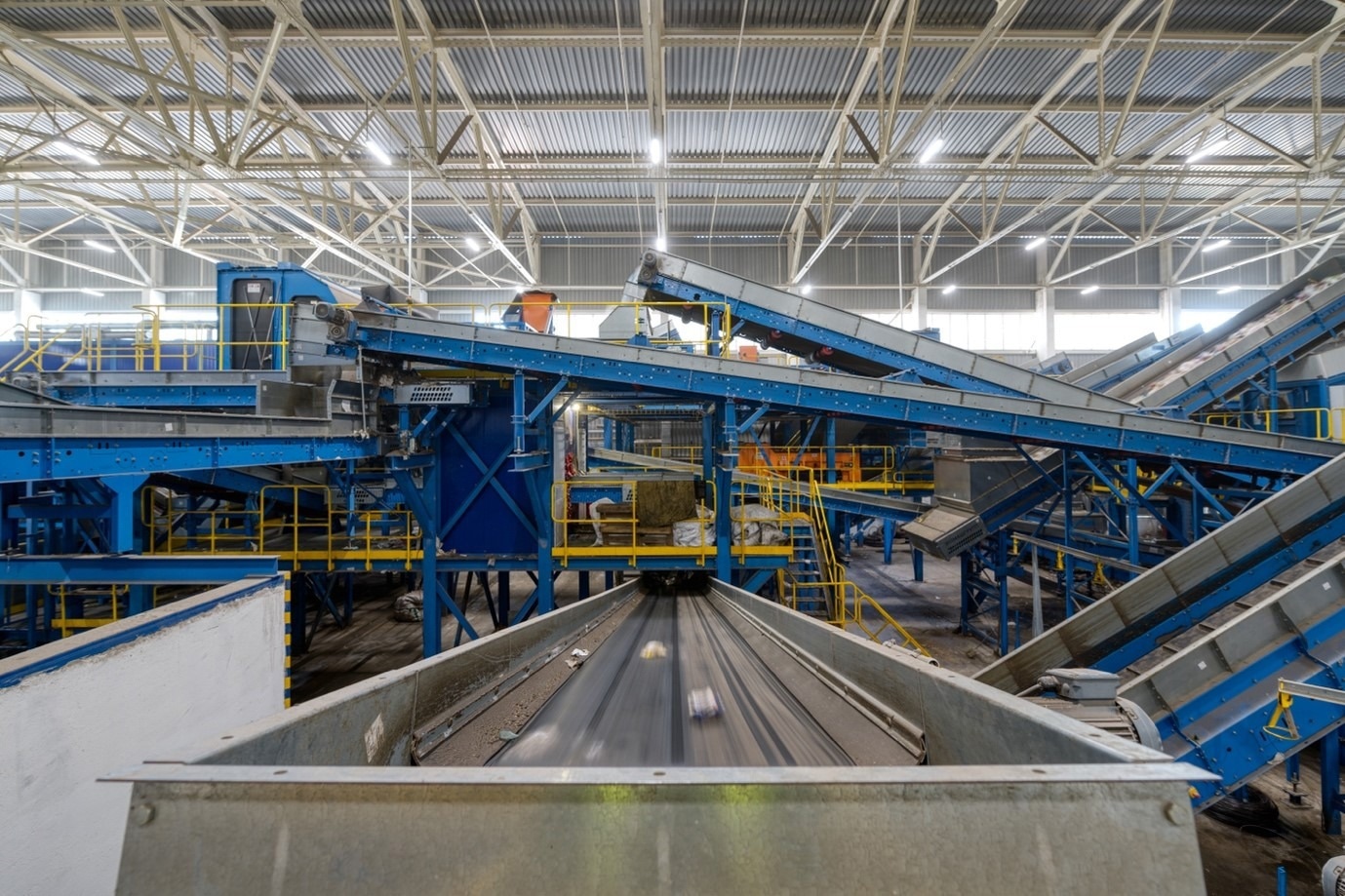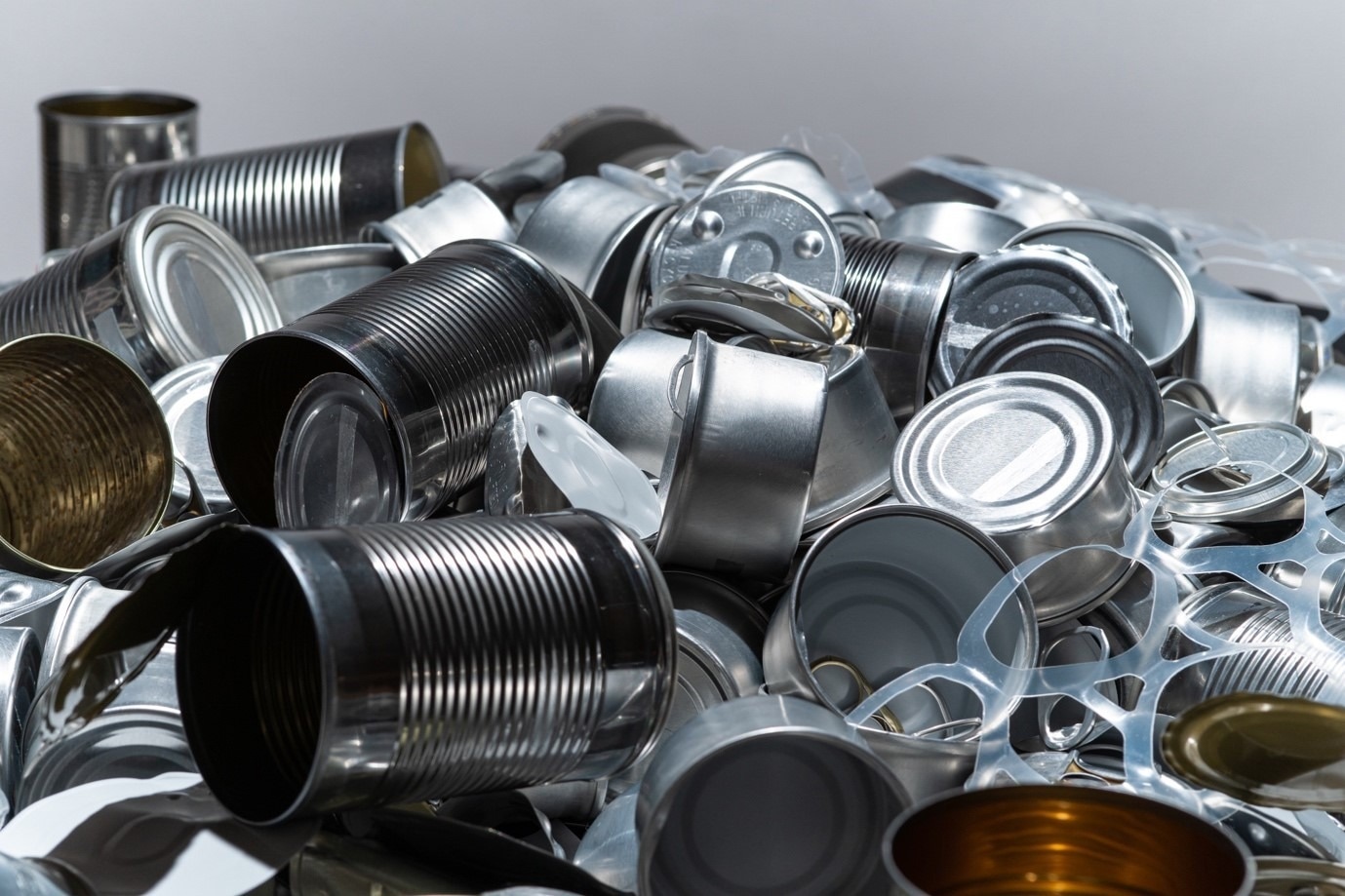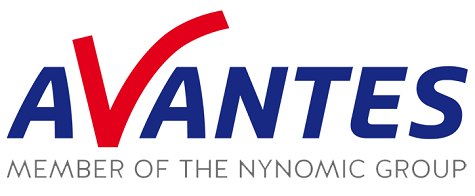Sponsored by AvantesReviewed by Maria OsipovaJul 15 2024
The worldwide demand for aluminum is growing, but industries must increase production while navigating a road to greater sustainability. To achieve a circular economy, industries must overcome many hurdles, like accurate sorting of aluminum alloys and guaranteeing quality recycled materials.

Image Credit: Avantes
Applying laser-induced breakdown spectroscopy (LIBS) has proven to be a game-changer, providing solutions to such relevant issues. Avantes is a leading provider of advanced spectrometers specialized for aluminum recycling processes. With decades of experience and a commitment to innovation, Avantes offers a range of spectrometer solutions created to optimize recycling operations and contribute to the sustainable circular economy.
Addressing Key Challenges in Aluminum Recycling Through LIBS Technology
Aluminum recycling presents multifaceted challenges, ranging from efficient alloy sorting to quality maintenance and purity of recycled materials.
Material recovery facilities (MRFs) must process huge amounts of aluminum scrap while accurately identifying and separating different metal grades. Conventional methods fail to meet these requirements, leading to inefficiencies and compromised quality.
Avantes’ advanced spectrometers, which come with LIBS technology, provide a complete solution to these challenges. LIBS technology facilitates quick chemical analysis of metals using a multi-step process. A laser pulse is pointed at the material's surface, which heats it by thousands of degrees and generates localized plasma. Once cooled, this plasma releases visible and invisible light, which is discovered and analyzed in a spectrometer to determine the metal’s elemental composition.1,2,3
The efficiency of LIBS technology allows for in-line sorting abilities, with Avantes’ compact spectrometers enabling recycling facilities to reach a remarkable degree of precision when identifying and segregating aluminum alloys. This streamlines operations and enhances the overall efficiency of MRFs, laying the road for optimized recycling processes.

Image Credit: Avantes
Capabilities and Advantages of Avantes Spectrometers
Avantes' spectrometers are set apart because of their unique characteristics tailored to the individual requirements of aluminum recycling. These include:
- In-Line Sorting Capability: Avantes' spectrometers assist in real-time, in-line sorting of aluminum alloys to ensure that the classification and separation of unique aluminum grades is accurate for downstream processing.
- Efficiency Enhancement in MRFs: Automating the identification and sorting of aluminum scrap allows spectrometers to contribute to significant efficiency gains in MRFs, limiting manual labor and greatly increasing throughput.
- Quality Assurance for Recycled Aluminum: By incorporating Avantes' spectrometers, recycling facilities can be confident of the purity and quality of recycled aluminum, which meets the stringent industry standards and minimizes waste when producing new aluminum products.
- High Speed and Sensitivity: Avantes' spectrometers function at high speeds, delivering quick and sensitive measurements crucial for maintaining optimal throughput in recycling plants.
- High Resolution for Spectral Analysis: Avantes' spectrometers provide excellent resolution, enabling precise identification and characterization of unique aluminum alloys based on their spectral signatures.
- Seamless Integration and Communication: Avantes' spectrometers are designed to be seamlessly integrated into recycling plants' 24/7 operational workflows. They have robust communication protocols and flexible data acquisition interfaces.
- Custom Solutions and Quick Response: With over 30 years of experience, Avantes is exceptional in offering solutions for each customer's unique needs.4 Their responsive manufacturing and R&D capabilities guarantee timely adaptation to the evolving needs in aluminum recycling.
Driving Sustainability in Aluminum Recycling
Creating an effective and efficient aluminum recycling system is essential to a sustainable circular economy. Recycled aluminum contains a smaller carbon footprint versus primary aluminum production, as it requires about 5 % of the energy to manufacture and offers a way for businesses to save money.5
By adopting LIBS technology, Avantes' spectrometers allow precise alloy sorting, improve operational efficiency, and guarantee the quality of recycled materials. This allows Avantes to take significant steps toward moving sustainability forward in the aluminum recycling industry, which contributes to establishing a more sustainable circular economy.
Avantes: A Commitment to Excellence
Avantes’ commitment to innovation and excellence is ready to refine the world of aluminum recycling. With advanced spectrometers that utilize LIBS technology, Avantes is proud to work together to push the industry toward global goals of environmental stewardship and economic viability. Avantes is forging a road toward a more sustainable and circular economy, one aluminum alloy at a time.
References and Further Reading
- What is laser-induced breakdown spectroscopy (LIBS)? Avantes. https://www.avantes.com/applications/measurement-techniques/libs/.
- Laser-Induced Breakdown Spectroscopy Beyond the Lab. Photonics Spectra. https://www.photonics.com/Articles/Laser-Induced_Breakdown_Spectroscopy_Beyond_the/a63192.
- Edward, H. & Zhou, W. Laser-Induced Breakdown Spectroscopy Combined with Nonlinear Manifold Learning for Improvement Aluminum Alloy Classification Accuracy. Sensors (Basel). 22, 3129 (2022).
- Empowering Spectroscopy Solutions. Avantes. https://www.avantes.com/.
- Infinitely Recyclable. The Aluminum Association. https://www.aluminum.org/Recycling.

This information has been sourced, reviewed and adapted from materials provided by Avantes BV.
For more information on this source, please visit Avantes BV.